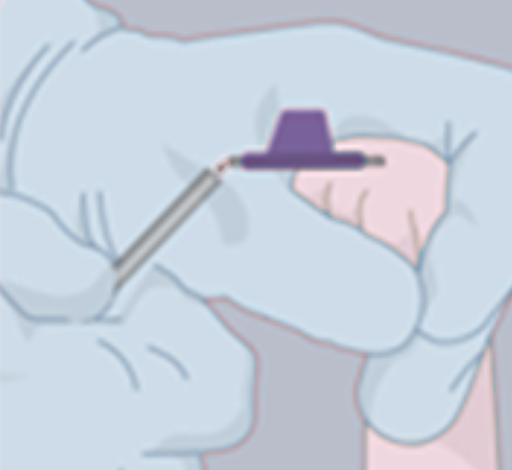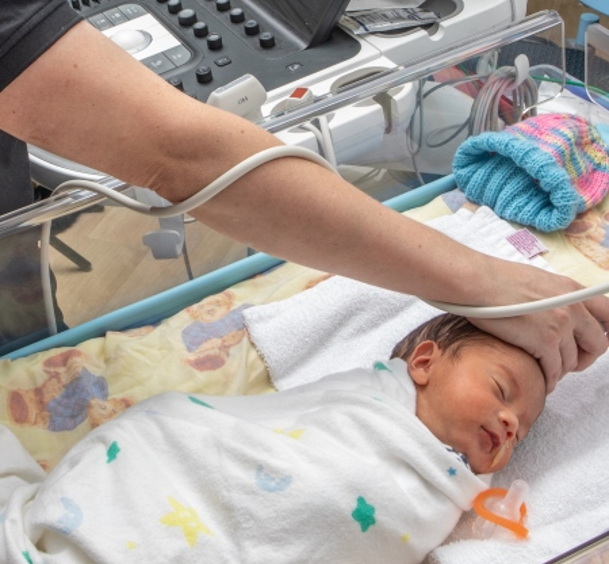Available courses
Number of topics: 10
View courseNumber of topics: 1
Cranial ultrasound is a valuable screening tool and performed frequently on the neonatal unit both in term and preterm infants. It can be used to identify and monitor a number of important pathologies to include intra-ventricular haemorrhage, post-haemorrhagic ventricular dilatation, cystic periventricular leukomalacia, structural anomalies and perinatal arterial ischaemic stroke. It is safe (avoids ionizing radiation), portable and can be performed quickly and repeated as many times as required to monitor progress. It is therefore an important skill for paediatricians and neonatologists to develop. This course is designed to introduce learners to the basic principles of cranial ultrasound in neonates, including how to perform a scan, obtaining standard views and how to identify normal and abnormal scan findings
Course Aim:
To provide an overview on how to perform and interpret cranial ultrasound scans in neonates
Course Objectives:
1. To provide an overview on how to perform and interpret cranial ultrasound scans in neonates.
2. To identify normal variants (in term and preterm infants) on cranial ultrasound.
3. To provide an overview of common pathologies & structural malformations which can be identified on cranial ultrasound.
4. Learn how to write a structured scan report.

